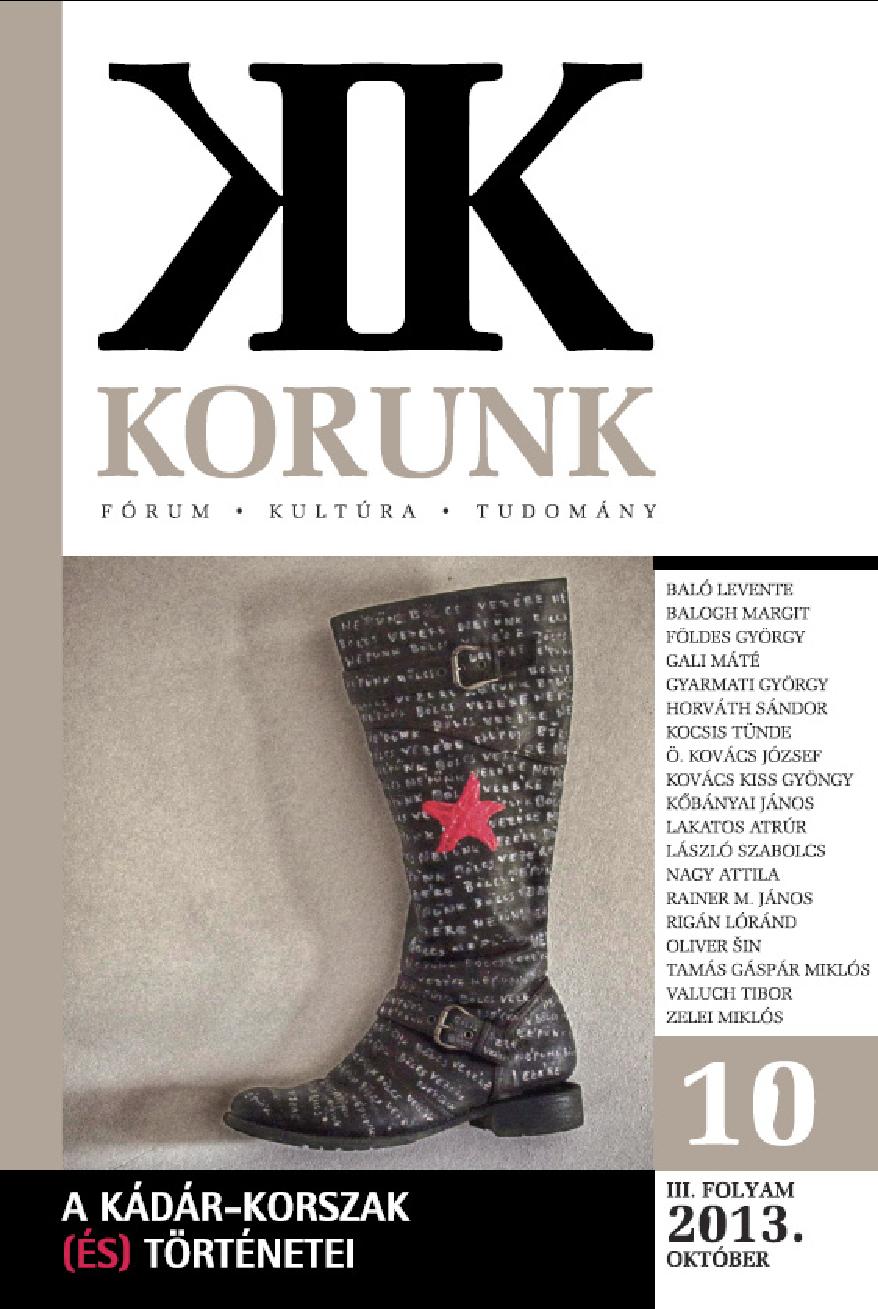Lojalitás vagy szembenállás?
Loyalty or Confrontation? The Hungarian Catholic Church and the Allied Policyof the Kádár Regime
Author(s): Margit BaloghSubject(s): Politics / Political Sciences
Published by: Korunk Baráti Társaság
Keywords: Kádár regime; church policy; persecution; Catholic Church; socialism; religion, crisis
Summary/Abstract: The main point of Kádár’s pragmatic church policy was that as long as churches exist, they must be put to use. After 1958 the former persecution of the churches, with an undisguised intention of liquidation, was replaced by a National Front policy that favoured “national unity”. However, the decades of the Kádár regime were paradoxically characterized by both a certain freedom for the churches and a fight against them. In 1964 a so called partial agreement was made by the Hungarian government and the Apostolic Holy See, which succeeded in maintaining the existence of the Catholic hierarchy. In return for the concessions the Catholic Church undertook to promote the acceptance of the fact that you can get along in Socialist society as a religious person. In the course of time the churches not only tolerated the economic and (from the 1970’s onward) political goals of the regime, but expressly promoted them. In the 1980’s Hungarian Catholicism faced with symptoms of a serious internal crisis.
Journal: Korunk
- Issue Year: 2013
- Issue No: 10
- Page Range: 53-63
- Page Count: 11
- Language: Hungarian

